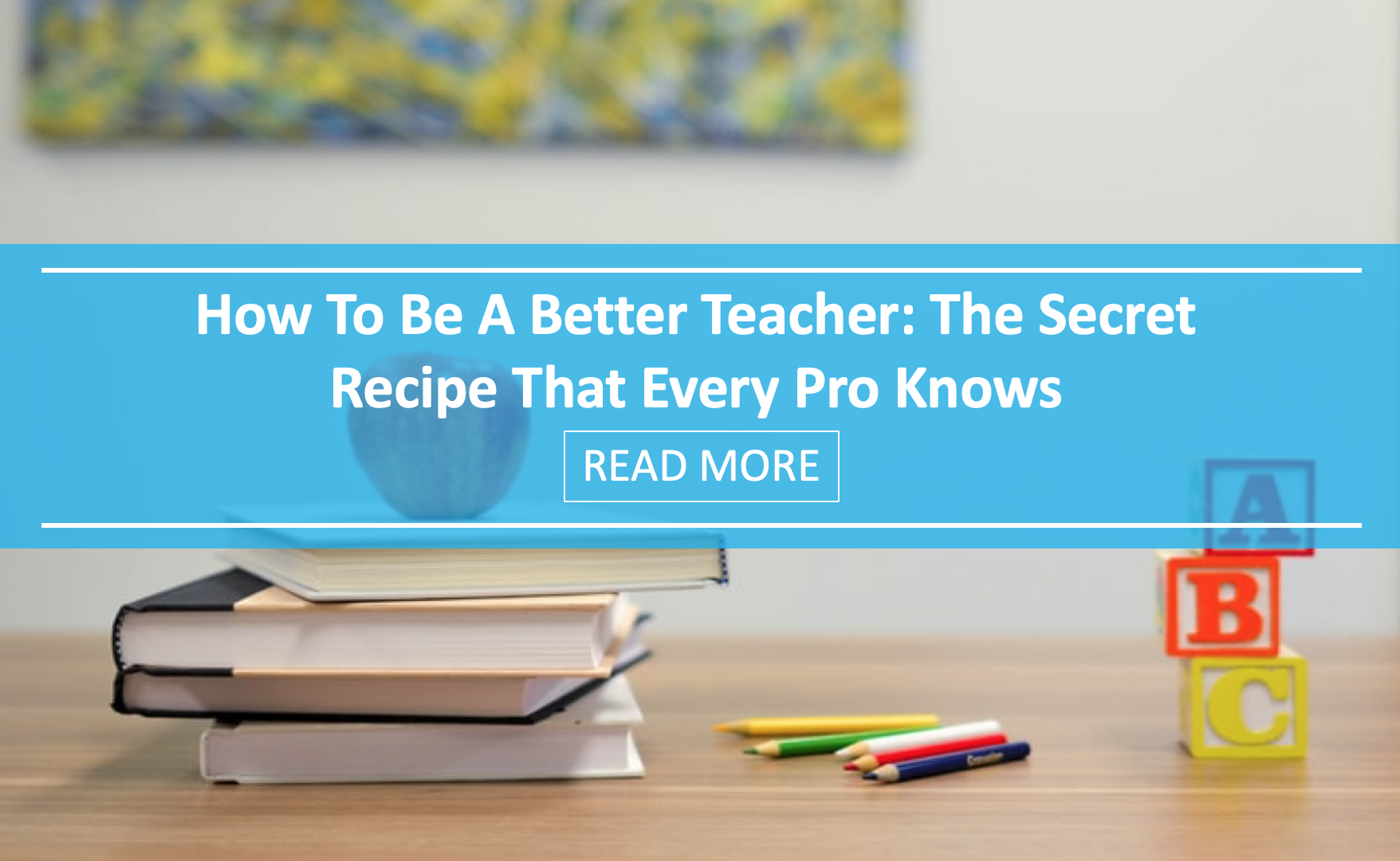Some people are born to teach, whilst others must constantly strive to reinvent themselves and recreate their lessons in the perpetual pursuit of perfection. It is an ever evolving yet challenging and lifelong learning environment of which we are an integral part. This article attempts to summarize top qualities of a good teacher, looks into what makes a good teacher, and provides ideas on becoming a better teacher.
Hope you find it interesting and make another step on the road to even better teaching!
What Makes A Good Teacher?
- Creating a positive learning atmosphere and developing a good rapport without showing favoritism. Having the ability to engage and involve students with your personality.
- Being patient – for slow learners, ‘needy’ students requiring attention and those lacking motivation.
- Clarity – answering questions in a clear and concise way.
- Organized – punctual, producing well-planned lessons with suitable material.
- Sense of humor – miming and body language often require this quality, without resorting to circus antics.
- Adaptable – being resourceful.
- Imaginative – in creating and adapting teaching materials and also empathising with students in building rapport.
Becoming A Teacher. One Teacher = Many Roles
- Controller - the person in control of class management.
- Assessor – checking and deciding the method of giving feedback e.g. error correction.
- A Resource – this is especially the case in developing countries, where there are limitations
- Coach – encouraging class participation, especially for shyer students.
- Tutor – in one-to-one teaching.
- Organizer – instruction of students for activities and providing feedback.
- Facilitator – for student interactive communication.
- Counsellor – solving any language learning problems.
- An instructor – in the traditional sense on language points such as pronunciation, vocabulary or grammar.
- A provider of experiences – in order for students to practise the four skills they require, as many language examples as possible are needed.
- A model – particularly for pronunciation.
- A motivator – balancing activities to achieve language targets and student interest.
- An authority – students rely heavily on teacher pronouncements and so generalizations should be avoided/explained as such.
- An arbiter – balancing fluency with accuracy in assessing error correction.
- An examiner – continuous monitoring and testing.
- A disciplinarian – essential to maintain class control.
- A balancer – a sliding scale which constantly changes.
- A mentor – giving language insight to another culture.
- A prompter – without taking away the initiative from the student e.g. role-play activity vocabulary support.
- A participant – e.g. discussion.
- A performer – with suitable behavior according to the activity being undertaken.
- Rapport builder – recognizing, listening to, respecting and being even-handed with students, in a professional manner.
What Other Attributes Must A Good Teacher Have?
- The teacher has to exploit his/her talents as a visual teaching aid to incorporate mime, gesture and expression to convey meaning and atmosphere in the classroom.
- Language modeling is important as students may find video and audio recordings difficult to understand.
- Teacher Talking Time (TTT) should be used productively and the importance of our voices never under-estimated.
- Observation skills in assessing student performance and progress are also vital.
- Teachers must be culturally aware e.g. Japan has a masculine collective culture, virtually all classes are monolingual, long-term oriented with a high degree of uncertainty avoidance.

